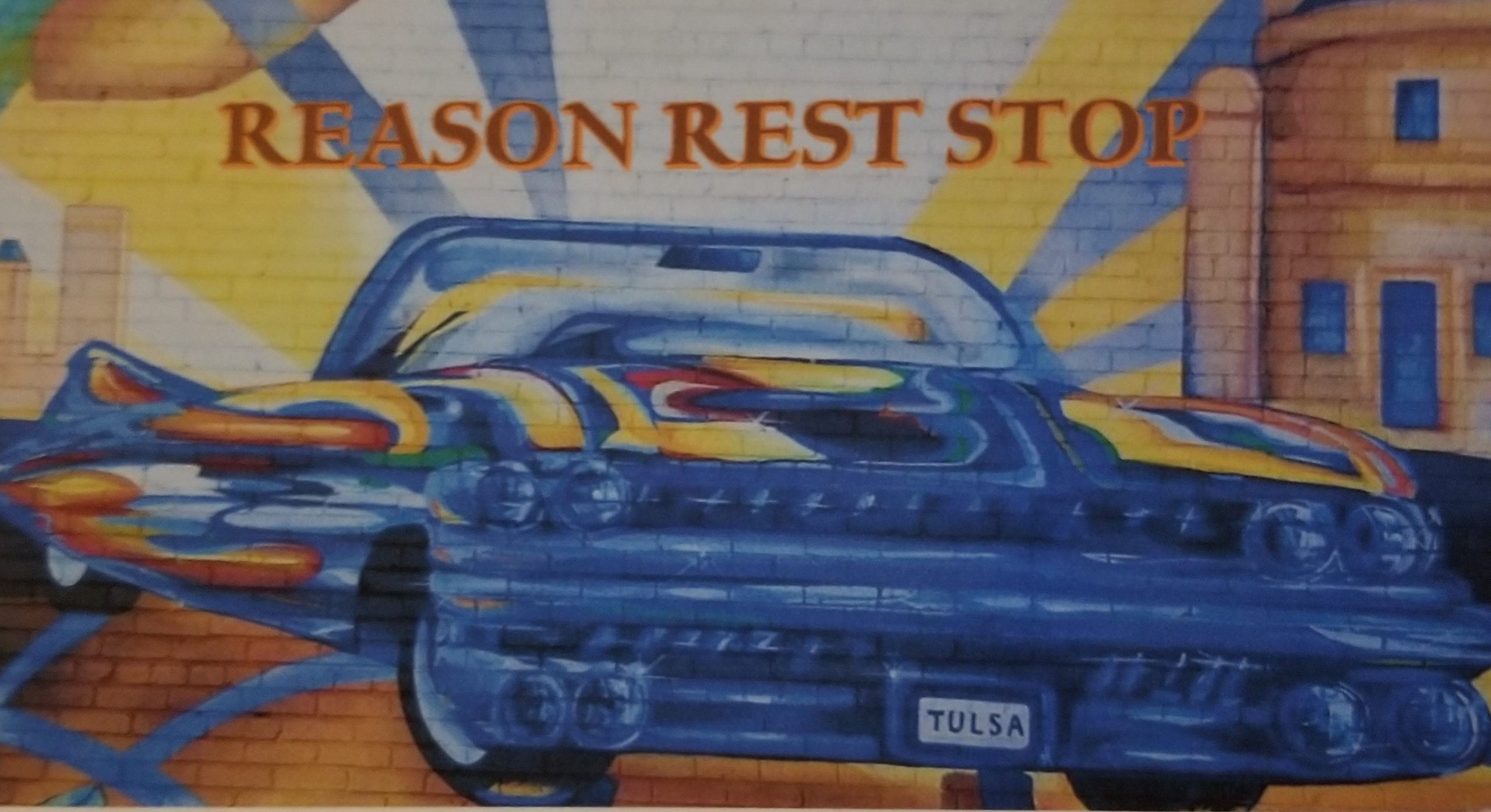When you undertake telling a story like Selma you are taking something down from altar and you had better do it justice. This historic drama directed by Ava DuVernay did exactly that. The intriguing thing about the final polished product is that it was done using British talent in most of the lead roles. Indeed, British actors David Oyelowo and Carmen Ejogo delivered excellent performances as Dr. Martin Luther King, Jr. and Coretta Scott King respectively. Two other British actors give good performances as President Lyndon Johnson played by Tom Wilkinson and Alabama Governor George C. Wallace played by Tim Roth. As the saying goes, if you can do it then it is not boasting and this cast did it well.
The story begins with an ugly scene of the racial hatred in which the American South was deeply steeped in September 1963 with the bombing of the 16th Street Baptist Church in Birmingham, AL resulting in the deaths of four young girls. The viewer then sees Dr. Martin Luther King, Jr. receiving his Peace Prize from the Nobel Academy. The main part of the story however takes place in early 1965 and the obstruction to voting faced by African American citizens in the State of Alabama. The sense of frustration and injustice is well conveyed in a scene where Annie Lee Cooper played by Oprah Winfrey attempts to register to vote at the county court house in Selma and was asked by the clerk to recite the preamble to the U.S. Constitution. When she begins and recites it verbatim the clerk then cuts her off and asks how many county judges there are in Alabama. She correctly replies “sixty-seven.” The clerk then demands her to name them followed by a full screen of him stamping her application “DENIED” when she cannot (and who in their right mind can name every county judge in their state?).
The viewer is privy to the inside scenes of dialog between MLK and President Lyndon Johnson in the Oval Office. Most politically aware viewers will connect with LBJ’s point that an activist has one big issue and a politician has 101 of them. Leaders and spokespersons of all types will connect with MLK’s demonstration that the squeaky wheel gets the grease! In the dialog scene between LBJ and FBI director J. Edgar Hoover I felt there was something lacking. Hoover’s contempt for MLK was well known but I thought the delivery by actor Dylan Baker was a little flat. Scenes subsequent to LBJ’s request for intelligence on MLK’s activities were identified by typed FBI logged surveillance. The scene of LBJ and Governor George Wallace’s discussion on the status of voting rights in the State of Alabama was reasonably historically accurate although some may argue that LBJ was perhaps a little soft.
As stated above, this film is a historic drama, not a documentary or a biopic. Dynamics in the King family were portrayed with what impressed me as benefit of the doubt for MLK in the throes of FBI efforts to silence and inactivate him with phone calls to Mrs. King wrought with innuendoes of her husband’s infidelity. MLK’s relationships with his close friends, assistants and allies appeared very true to life. One thing this movie delivered that it really needed to was something that the grainy black & white network news file footage of the march on the Edmund Pettus Bridge fell short in: the fury of the brutality of the Selma Police and the Alabama State Troopers as they dispersed, tear gassed, chased down, clubbed and bludgeoned with their night sticks the peacefully assembled marchers intent on marching from Selma to Montgomery. Granted, the wholesale violence broadcast on the public airwaves of the march as it happened provided the critical mass of national attention required to catalyze change, and it backfired on the authorities responsible in grand fashion. For those of us who were either too young to appreciate the event when it happened or who were not yet living it reminds us of our national core of rot, the huge part of that nasty core where the majority in charge tolerated an egregious injustice stitched into our country’s DNA far longer than any reasonable people should. Indeed, when the scenes of this violence made its way into to LBJ’s White House the squeaky wheel got the grease and the Voting Rights Act of 1965 was signed into law later that same year.
As the credits rolled I was left scratching my head wondering what a film director, cast and crew had to do to rate more favor with the Motion Picture Academy. In this reviewer’s opinion, this film meets all criteria for doing justice to something taken down from the altar. I rate this film 4 1/2 out of five stars.

